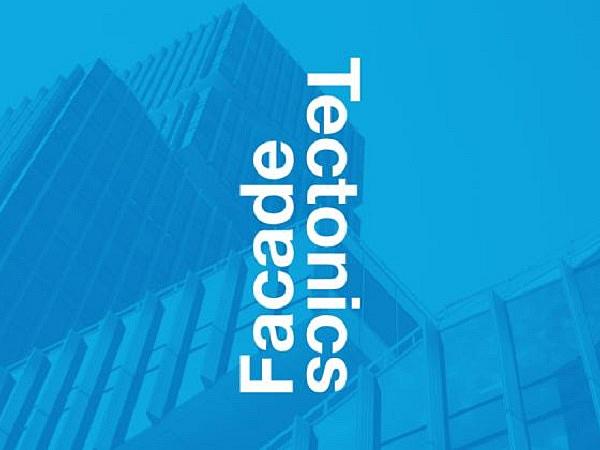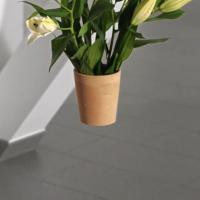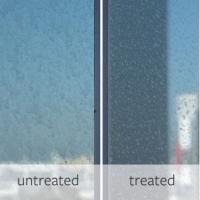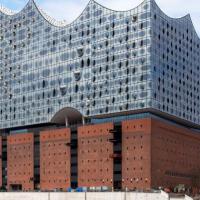
Date: 1 June 2021
When it comes to the building facade there is much to talk about. And the Institute is aggressively inclusive, with the mission of bringing all the many voices that comprise the building industry together in an uncensored conversation of all things building skin. Toward this end, we will continue with the conference theme:
Face Time 2022: Bringing Together the Many Voices of the Building Industry
There is, after all, little in buildings and urban habitat that is not in some way affected by the building facade, with impacts ranging broadly through both aesthetic and performative considerations. The Institute intends to reflect this full range in its WC2022 event and invites you to round out the dialogue.
Submissions will be evaluated through a two-stage abstract and paper blind peer-review process by the Institute’s Scientific, Technical and Artistic Review (STAR) Committee comprised of some 300 industry and academic leaders. To learn more about this process, please review our Overview of the Peer-Review Process. Papers will be published in a proceedings, and select papers may be used for an edited book or journal. We are investigating multiple additional ways to capture conference activities and outcomes.
We strongly encourage you to submit an abstract. We intend to organize the conference program around the topical content represented by the submissions we receive, so any aspect of buildings and urban habitat considered through the lens of the building facade will be considered. Relevant topics include but are not limited to the following:
FACADE TOPICS:
in no particular order...
- sustainability
- resilience
- climate change
- sea level rise
- carbon neutrality
- embodied carbon
- time value of carbon
- service life
- durability
- adaptability and adaptive capacity
- obsolescence
- lifecycle assessment
- structural glass developments and applications
- fire
- retrofit and renovation
- modular construction
- case studies
- materials
- facade design education
- facade engineering education
- facade education for young practitioners
- architectural research
- trades education
- gender/ethnic equality
- glass
- digital practice
- parametric design
- geometric optimization
- adaptive facades
- kinetics
- shading strategies
- project delivery strategies
- risk and risk management
- real estate value
- owner/developer’s perspective
- the economics of building skin
- lifecycle costing analysis
- facilities management
- facilities engineering
- innovation
- daylighting
- integration
- health & wellness
- comfort & productivity
- biophilic design
- regenerative design
- heritage value & preservation
- transparency/opacity
- security
- acoustics
- ventilation
- passive house
- codes, standards and rating systems
- policy and the building skin
- facade futures
- maintenance
- passive strategies
- layers, materials & assemblies
- aesthetics & beauty
- facades and urban habitat
- facades in the social realm
- facades and communication
- facades as spectacle
Abstract Submission Instructions
The deadline for abstract submission is June 15, 2021. The abstract should be 350 words or less and may include one image. To submit an abstract, please review the Overview of the Peer-Review Process. Once you have read through the program information, please sign in or create a new FTI account: https://www.facadetectonics.org/account/login and navigate to New Abstract where you can complete the submission form.
Requirements:
- At least one author of each accepted paper must register for the conference and pay the discounted author’s registration fee.
- All presenters will be required to submit a pre-recorded virtual presentation. Presenters will also have the option to attend and present live in-person at the conference.
- Membership in the Institute is also required. Learn more about FTI membership levels and benefits.
Important Dates:
- June 15, 2021 – abstract deadline
- August 13, 2021 – abstract notice of acceptance
- October 4, 2021 – full paper submission (first draft)
- October 4 - December 14, 2021 – paper review process
- December 14, 2021 – paper notice of status
- March 15, 2022 – final paper submission
- March 29, 2022 – final paper notice of acceptance
- September 20, 2022 – submission of oral presentation slide deck
- October 12-13, 2022 – 2022 World Congress
Events are being planned preceding, during and following the Congress itself as part of Facades Week from October 10-14, 2022. These may include receptions, dinners and tours, to be announced. The Institute will also conduct a meeting of its Board of Directors and host various committee meetings the day preceding the Congress. A limited hotel room block will be reserved for registered participants. More information will be provided as event planning progresses. Follow our SKINS newsletter for new developments. A website for the Facade Tectonics 2022 World Congress website will be announced towards the end of 2021.
We are expecting over 500 registrants. Discounted sponsorship opportunities will be available for early adopters.
Please email any questions to the FTI team at papers@facadetectonis.org.
About the Facade Tectonics Institute
Facade Tectonics started as a series of invited roundtable discussions at the University of Southern California in 2007; a strategic response to the escalating importance and complexity of building facade technology. The roundtables grew into a series of conference events that drew hundreds of participants with a broad range of interests in the building skin. The accelerating change of facade technology and the growing awareness of the facade as integral to overall building design has propelled Facade Tectonics to the forefront of the rapidly evolving dialogue of building skin.
The 2015 milestone in the evolution of Facade Tectonics was the formation of the Facade Tectonics Institute, with the mission of carrying out progressive and broad-based research and education in building facade technology. The intent is to catalyze and foster deep collaborative initiatives that bridge the fragmented market segments of the building industry, pairing industry, government, academia, the profession, and ownership. Integral to this mission is the dissemination of historical, theoretical and practical information derived from this research to the building marketplace, thereby acting as a conduit and facilitator for both learning and further collaborative research pursuits.
We are already very excited to see you in Los Angeles in October 2022!
Please review the Overview of the Peer-Review Process in its entirety prior to submitting an abstract.
 600450
600450














Add new comment